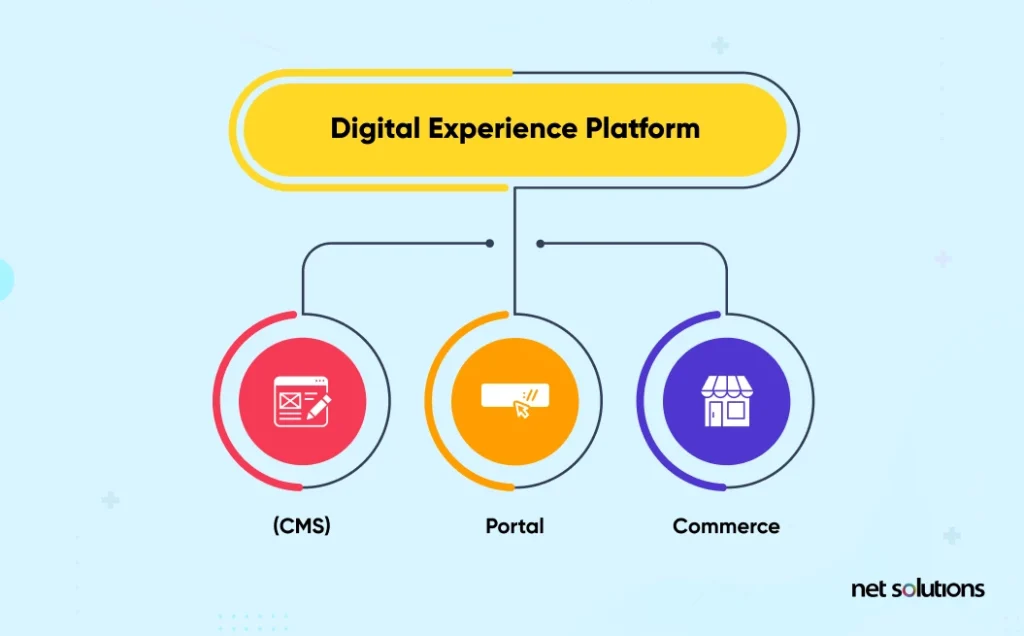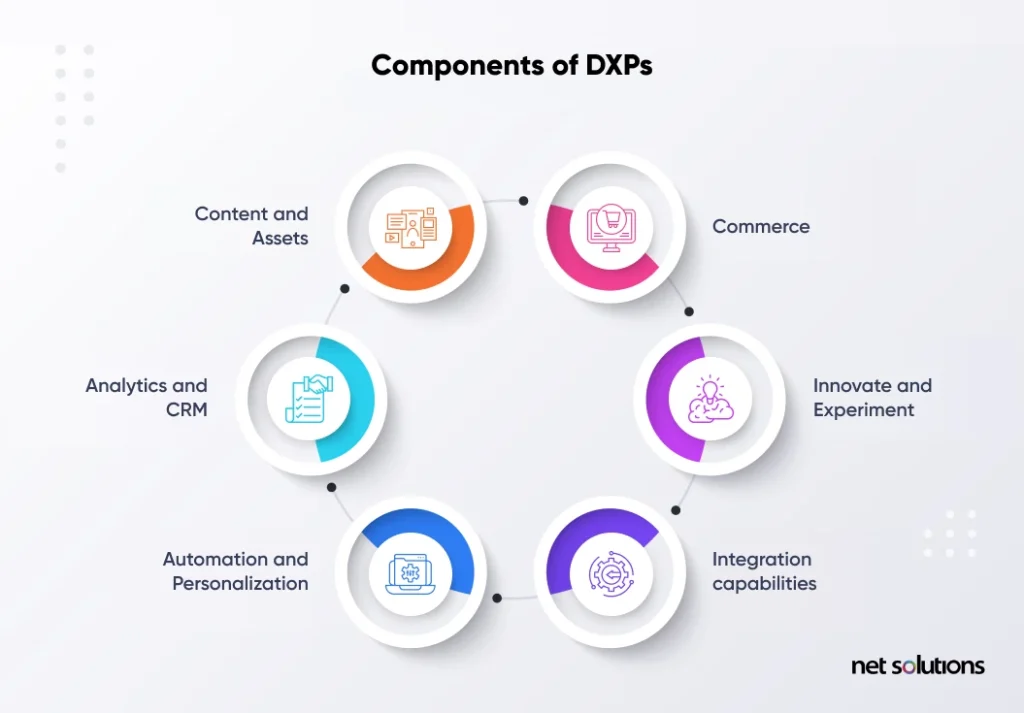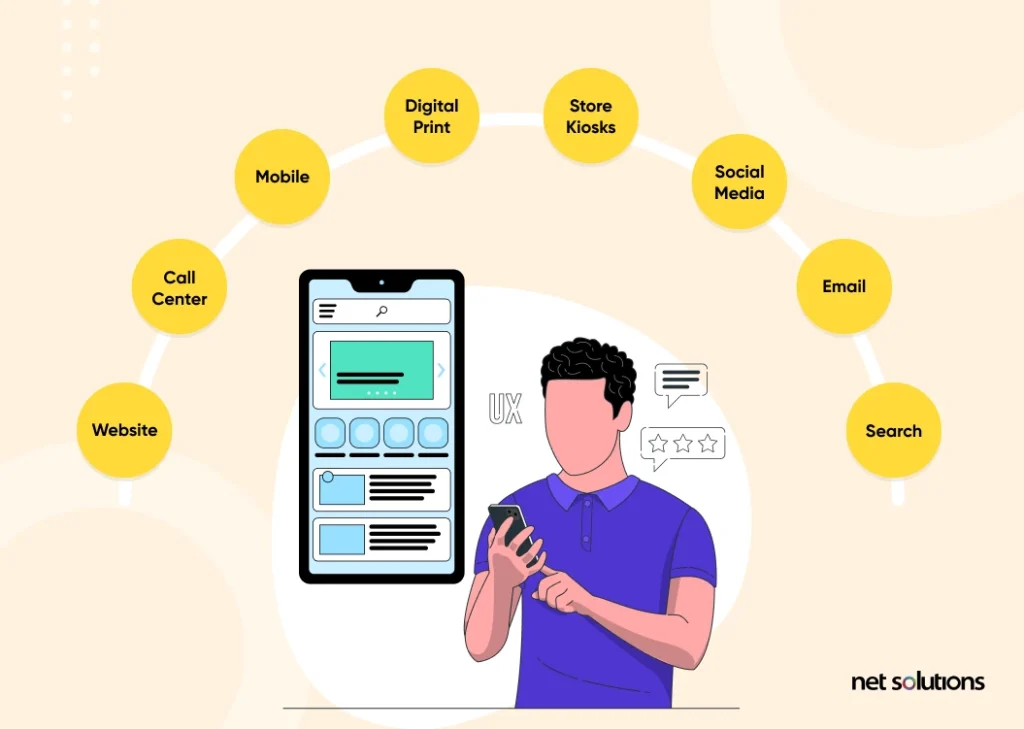Technology platforms are the backbone of our digital experience, enabling us to engage with the digital world in ways that are more efficient, effective, and enjoyable. They are the digital infrastructures that support a variety of applications, services, and functionalities, transforming how we work, shop, learn, communicate, and entertain ourselves. From social media platforms, e-commerce sites, streaming services, to cloud-based productivity tools, these platforms are enhancing our digital experiences by making them more interactive, personalized, and convenient.
The relevance and impact of technology platforms are more palpable in the time of the digital revolution where almost every aspect of our lives is being digitized. They are not only changing our habits and behaviors but also reshaping industries and economies. For instance, e-commerce platforms have transformed the retail sector by enabling businesses to sell their products online and reach a global audience. Similarly, online learning platforms have revolutionized education by providing access to learning resources and courses from the best institutions worldwide, regardless of geographical location.
Moreover, technology platforms are playing a critical role in driving innovation. They provide the necessary tools and environments for developers to create new applications and services, fostering a culture of creativity and experimentation. From open-source platforms, application development platforms, to cloud computing platforms, these platforms are democratizing innovation by giving everyone the opportunity to contribute and make a difference.

In addition to driving innovation, technology platforms are also facilitating collaboration and community building. Social media platforms, for instance, are connecting people from different parts of the world, fostering a sense of community and shared experiences. Similarly, collaboration platforms are enabling teams to work together regardless of their physical location, breaking down geographical barriers and promoting a more inclusive and diverse work environment.
However, the rise of technology platforms is not without challenges. Issues such as data privacy, cybersecurity, and digital divide are posing significant hurdles. It is crucial for technology platforms to address these challenges by implementing robust security measures, respecting user privacy, and striving for digital inclusivity.
In conclusion, technology platforms are enhancing our digital experience by making it more efficient, interactive, and personalized. They are transforming industries, driving innovation, and facilitating collaboration. However, they also need to address the challenges that come with the digital revolution, including data privacy, cybersecurity, and digital divide. As we move forward into the digital future, it is clear that technology platforms will continue to shape our digital experience and play a pivotal role in our digital lives.
Essential Licenses and Tools for Effective Management
Effective management involves a myriad of skills, licenses, and tools. Licensing is vital as it offers a formal recognition of the manager’s capabilities and adherence to the expected standards of the profession. For instance, a Project Management Professional (PMP) certification can significantly enhance a manager’s credibility and effectiveness. It validates their ability to handle complex, multifaceted projects and teams. On the other hand, tools play an equally important role in effective management. They allow managers to streamline processes, improve communication, and enhance task allocation. Project management tools such as Trello or Asana enable managers to track the progress of projects, assign tasks, and manage deadlines. Communication tools like Slack or Microsoft Teams foster real-time communication and collaboration within the team.

By integrating analytical tools, managers can monitor business metrics and make data-driven decisions. For example, Google Analytics can provide insights into website traffic, audience demographics, and behavior, helping managers strategize and improve performance. Additionally, financial management tools like Quickbooks or Zoho Books can aid in budgeting, forecasting, and financial reporting. These licenses and tools can elevate a manager’s ability to lead, strategize, and deliver results. However, it’s crucial to remember that the effectiveness of these tools relies heavily on the manager’s ability to utilize them correctly. Therefore, continual learning and skill development should be a priority for every manager aiming for success.
How to Implement the CC License Suite for Your Users
Implementing the Creative Commons (CC) License Suite for your users is a straightforward process that requires careful adherence to certain guidelines. Firstly, it’s essential to understand the different types of CC licenses available. These licenses range from the least restrictive, which lets others distribute, remix, adapt, and build upon your work, even commercially, as long as they credit you for the original creation, to the most restrictive, which only allows others to download your works and share them as long as they credit you.
Once you’ve identified the appropriate license for your content, you must include it in your work. This action can be as simple as attaching a statement or a link to the license on your website, blog, or digital content. It’s also recommended to use the CC license symbols to visually represent your chosen license. Ensure that the license is visible and easily identifiable, so your users understand the permissions associated with your content.

Furthermore, for digital content, embedding metadata into your work can be beneficial. Metadata provides information about the work and the license in a format that computers and search engines can understand. The Creative Commons wiki provides detailed instructions on how to embed license metadata into various types of digital content.
Finally, educate your users about the different CC licenses and their implications. It’s crucial for your users to understand how they can use the licensed content and the importance of respecting the license terms. You can provide this information through your website or user guidelines.
In conclusion, implementing the CC License Suite for your users involves selecting the appropriate license, integrating it visibly and digitally into your work, and educating your users about the license terms. This process promotes transparency, respect for intellectual property, and opens doors for creative collaboration.
Spark Collaboration: Making the Most of Commons Content
Spark Collaboration is a platform developed to facilitate and enhance the use of commons content. It aims to encourage collective intelligence and creativity by providing a space for users to share, use, and build upon existing commons content. This can range from images and texts to designs and ideas, all shared with the belief that everyone can contribute to the growth and development of the commons.
The platform’s underlying philosophy is that the open sharing of information leads to innovation and progress. By fostering an environment that encourages collaboration and the free exchange of ideas, Spark Collaboration helps to maximize the potential and usability of commons content. Users can modify, adapt, and expand upon shared content, thus creating new works and concepts that can further enrich the commons.
However, the use of commons content is not without its challenges. It is essential to respect the terms of use and licenses associated with the content. This can include giving proper attribution to the original creators, ensuring that the content is used in a manner that aligns with its intended purpose, and sharing any derived works under the same conditions.
Another aspect of Spark Collaboration’s mission is to educate users about the principles of commons content. This includes understanding the value of open access, recognizing the importance of proper attribution, and the potential impact of commons content on social and economic development.
In conclusion, Spark Collaboration is a powerful tool for maximizing the use of commons content. It provides a space for creative minds to come together, share ideas, and build upon each other’s work. By promoting collaboration and the use of commons content, Spark Collaboration helps to foster a culture of openness, innovation, and shared creativity.

